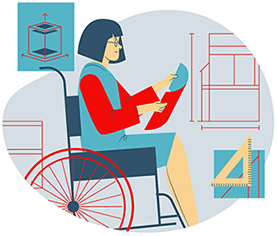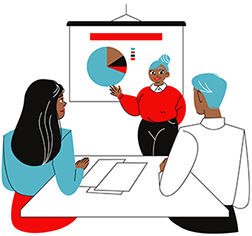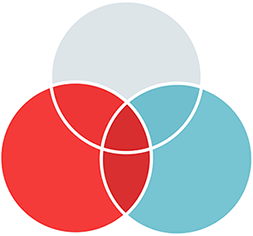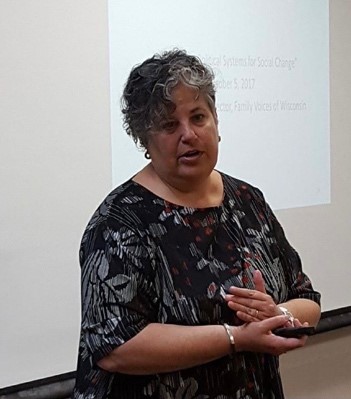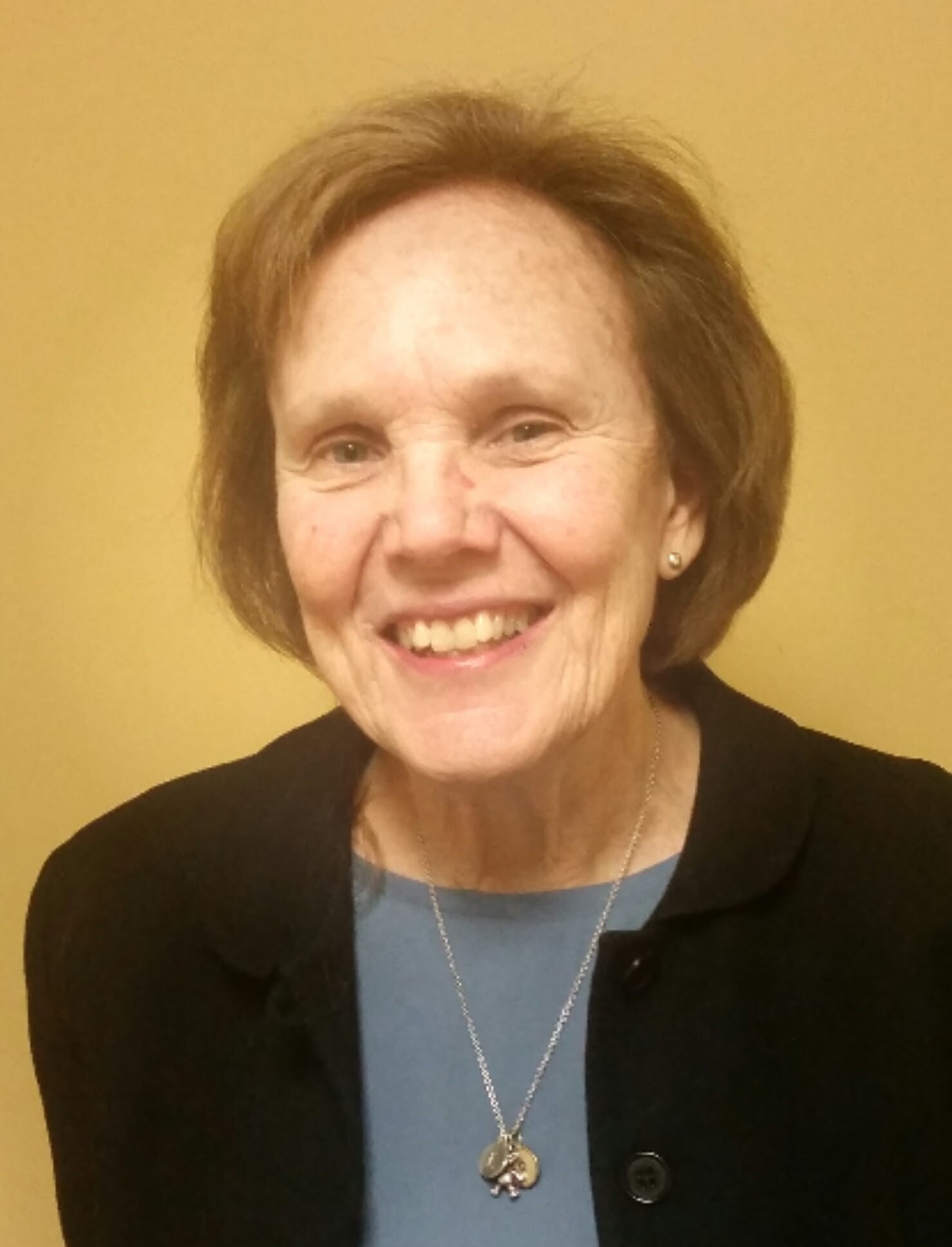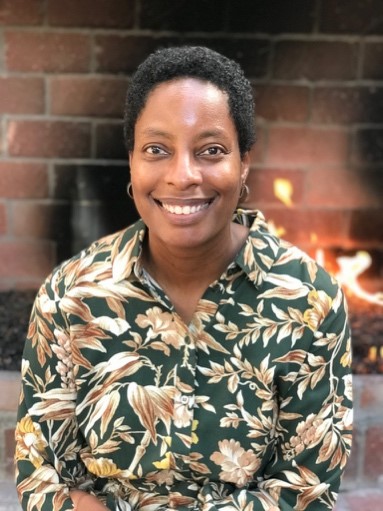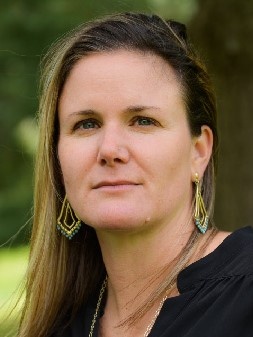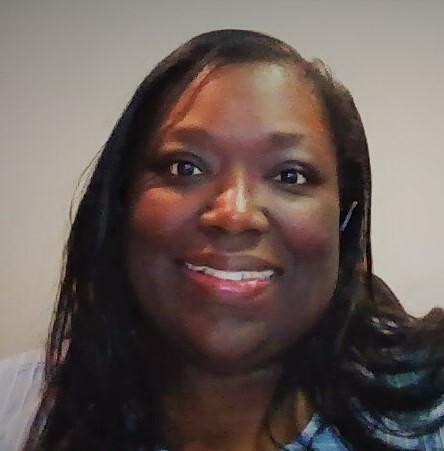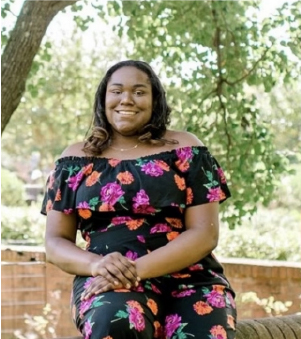
Diversity, Equity, Inclusion, and Belonging at Family Voices

Implicit Biases and Debiasing
We can reflect on our unconscious biases and be proactive in identifying and undoing the negative stereotypes we hold.
What is implicit bias?
People hold a bias when they have a preference for (or aversion to) a person or group of people based on a particular characteristic.
These thoughts and feelings are implicit if we are not aware of them or don’t know where they come from.
Implicit bias describes attitudes towards others or stereotypes that we hold without conscious knowledge. Identifying implicit biases is the first step toward overcoming them.
What is debiasing?
We can reflect on our unconscious biases and be proactive in identifying and undoing the negative stereotypes we hold. That is called debiasing.
Understanding implicit bias and debiasing can help Family Voices ensure equitable work.
How do we address implicit bias and debiasing?
Encourage personal engagement, self-reflection, and open communication about each person’s implicit biases and individual and collective debiasing efforts.
Develop, review, and update policies and procedures outlined in the Employee Handbook and Operations Manual to directly promote debiasing.
Intentionally use debiasing work with staff and Board of Directors as a foundation to support the effective implementation of the other methodologies.
Create opportunities for leadership to reflect on and address the impact of individual biases on organizational work.
Directly address internal conflict within the organization from the perspective of implicit biases.
Facilitate discussions among staff, network members, BOD members, and external partners about the impact of bias and strategies to counteract it and mitigate its negative impact.

